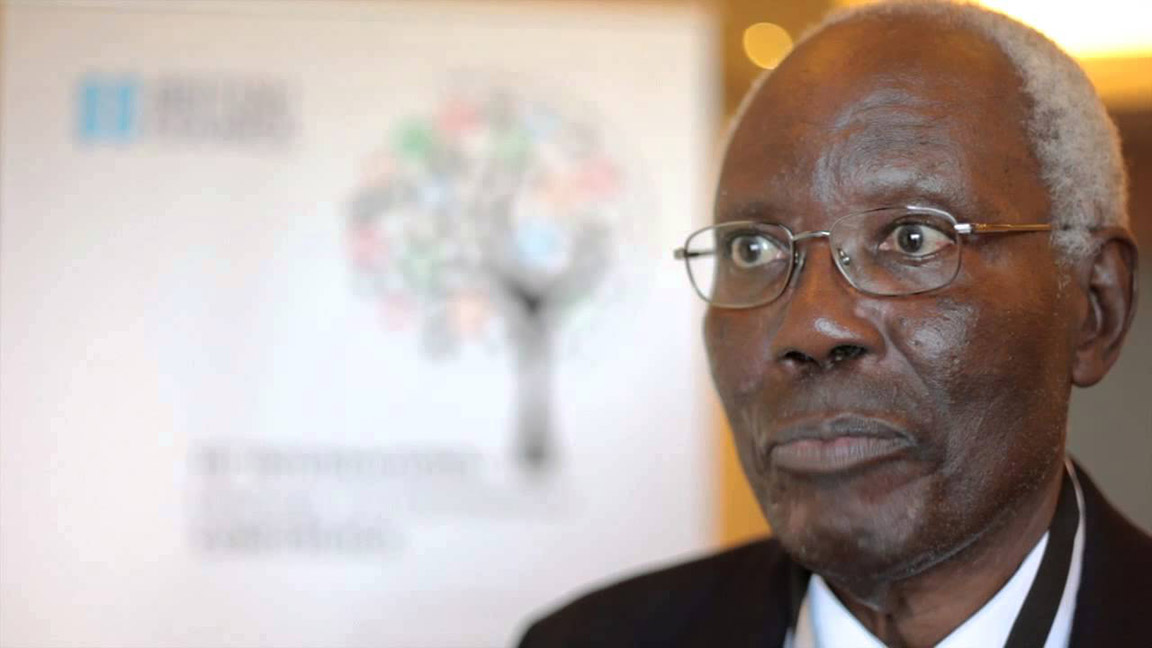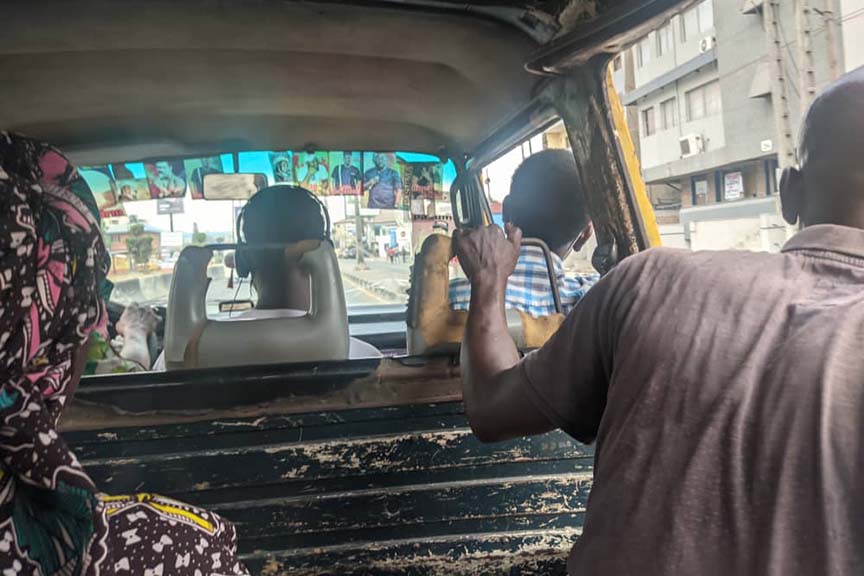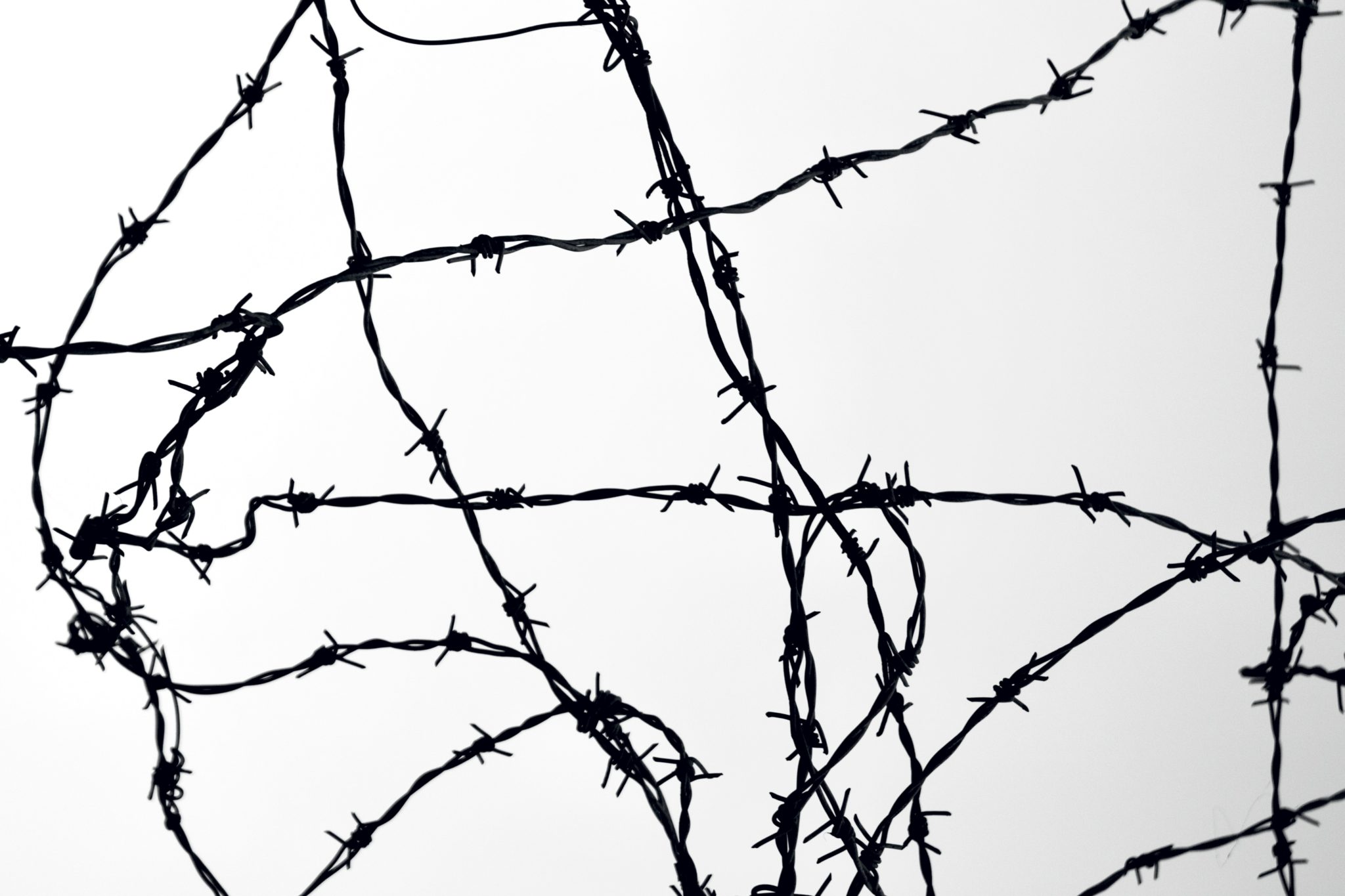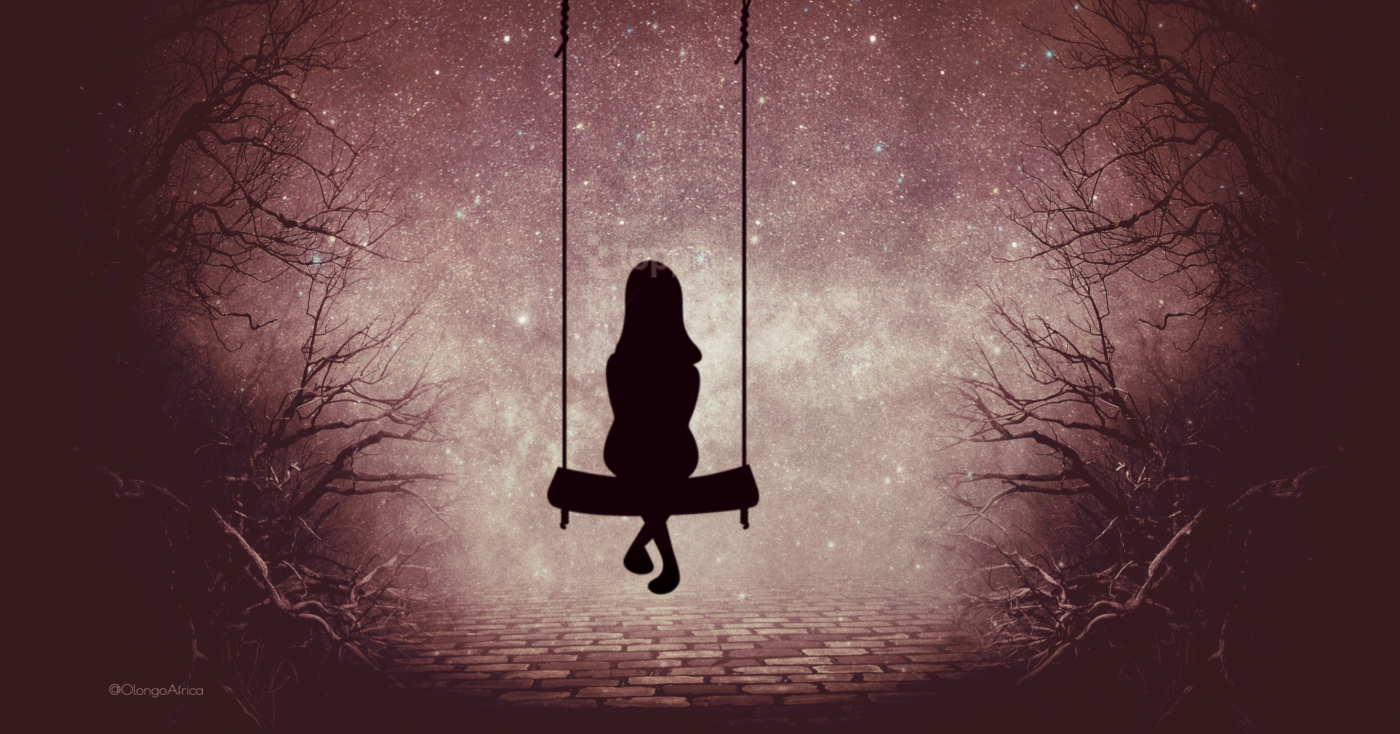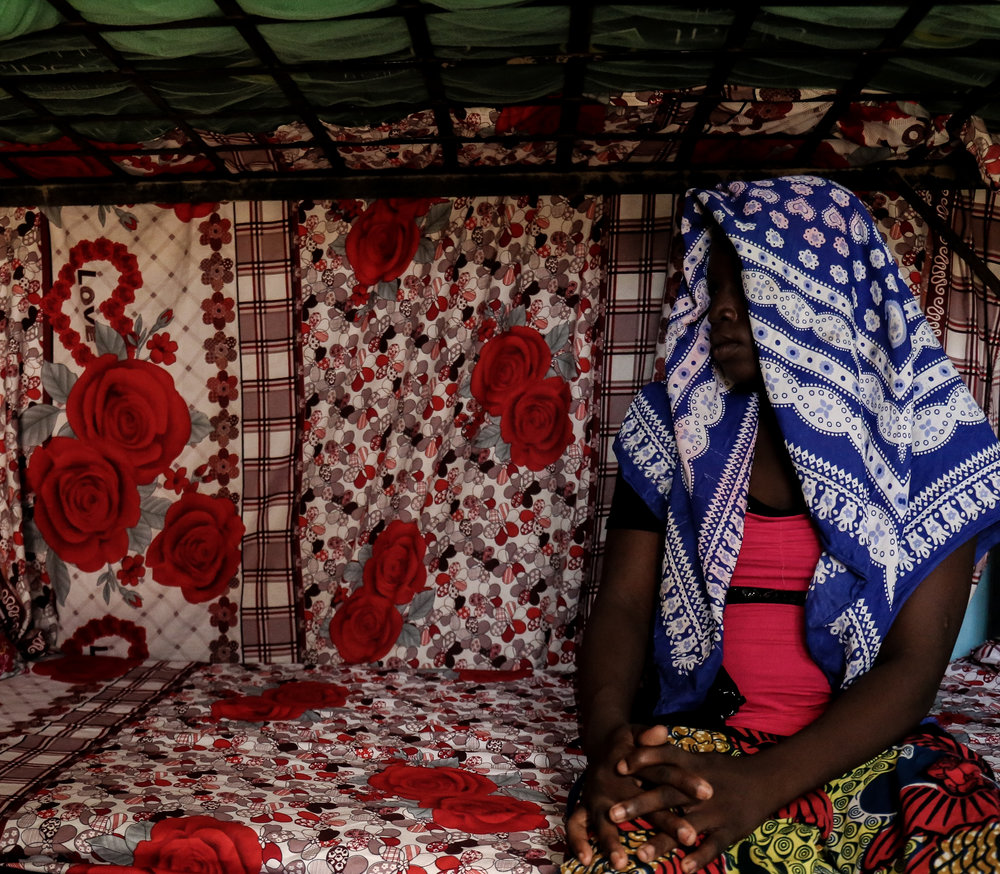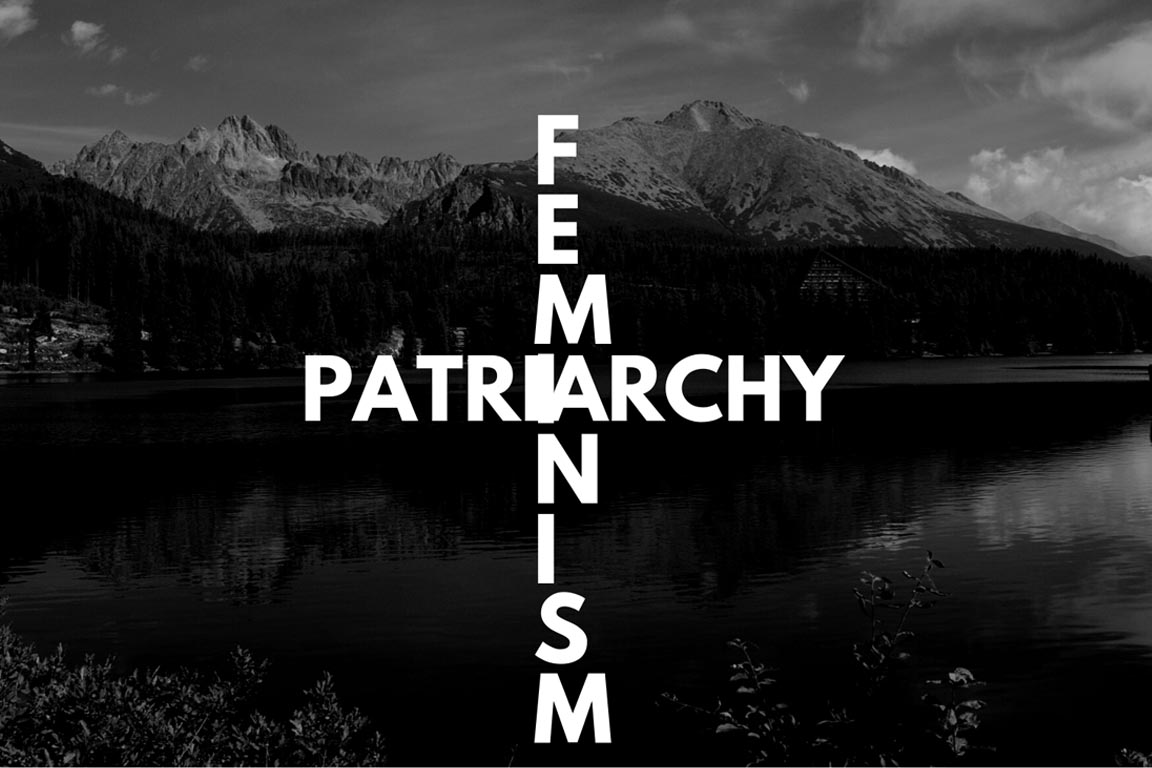Society
On the Politics of Gym
I was reading a book titled All Good Things, It was a lighthearted read and I found something rather unexpected in it; I found myself.
Nigeria’s Holy Romance with Ignorance
Our dealings are dominated by a disregard for scientific reasoning, and a preference for ostentatious, and often venal religiosity.
Lagos to Lomé: Reflections on Borders
All our lives, a series of crossings. The parts of our existence we are often not proud to claim still make up the sum total of our lives.
Do We Need More African Sports at the Olympics?
In over two decades of my life in Nigeria, I have only seen a skateboard once and that skateboard was owned by a man who has been labeled as eccentric by his neighbors.
Negotiating African Dish Politics
The mobility challenge faced by African cuisines in an increasingly technological age is unacceptable. So, when recently I stumbled on a writing about a certain food app called DishAfrik, with its ambitious catalogue of curated African cuisines, with a real-life cooking feature, I was overjoyed.
Notes on Kampf
One of the numerous reasons the German word, Kampf, has remained popular is its usage by the failed Austrian artist and dictator, Adolf Hitler. The word itself, ‘kampf’, from old High German, is borrowed from Latin, Campus; more familiar to us in its modern English form, ‘camp’.
On Digital Obituary
On the afternoon of my friend’s demise, I logged in to Facebook to discover a myriad of his pictures congregating people’s timelines. In those pictures, his face was distinct, sharp; his mien betraying the darkness saturating the day, binding us in that state of sadness with the thread of mourning.
Thinking in Bits of Borno
Fati Abubakar was born and grew up in Maiduguri, Borno State. With her camera, she braved the odds of bomb blasts and a terrorist group that termed education as forbidden as well as a patriarchal society, where the ideal visual of a young woman is not that of her walking around town chasing pictures. Chronicling everyday life in Borno, in the heat of an insurgency, Fati sets out with her camera as a canvas and her eyes as brushstrokes, to create an alternative ‘real’ image of Borno not just as a war zone of a theatre of trauma but a place of humanity and hope in a time of crisis.
The Religious Root of Nigerian patriarchy
The idea of feminism in Nigeria itself has been identified as a threat to men. Patriarchal structures dictate that being submissive and loyal no matter the circumstances is what a good religious woman should be. This doesn’t speak for any one religion, but rather for all: Women who identify as feminist in Nigeria are criticized and mocked using all means to dissuade us from the very idea.


